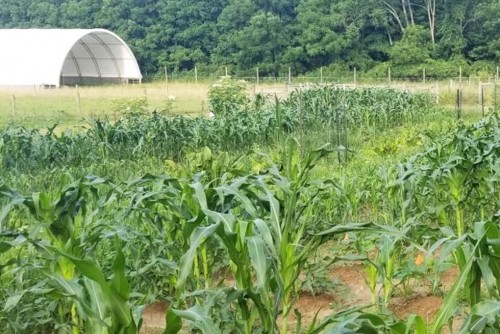The Three Sisters Project at Kenyon College is directed by Professor Patrick Bottiger. If you would like to have more information, please contact him at bottigerp@kenyon.edu.
Patrick Bottiger
Associate Professor of History

Location
Oden Hall 324
